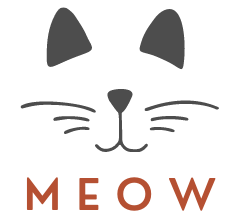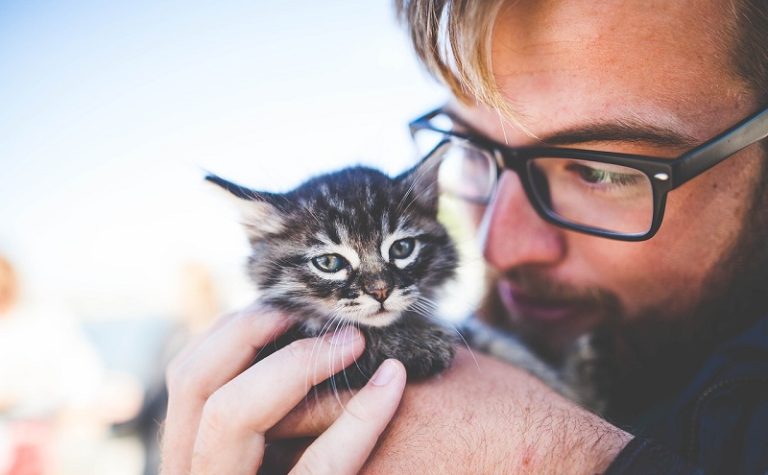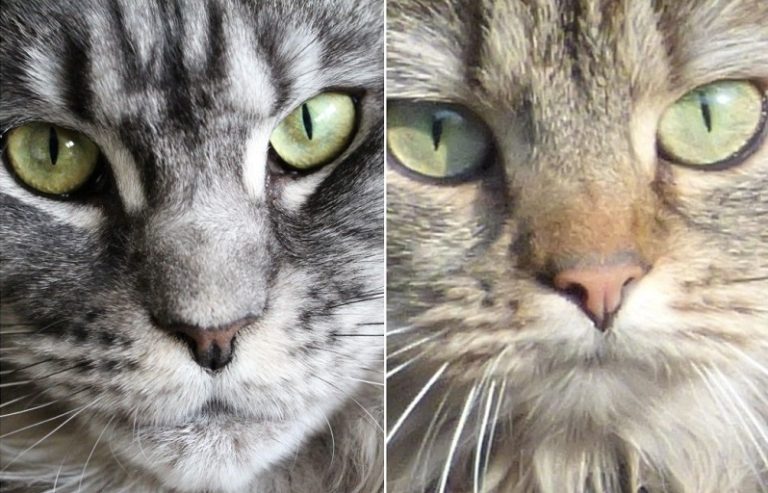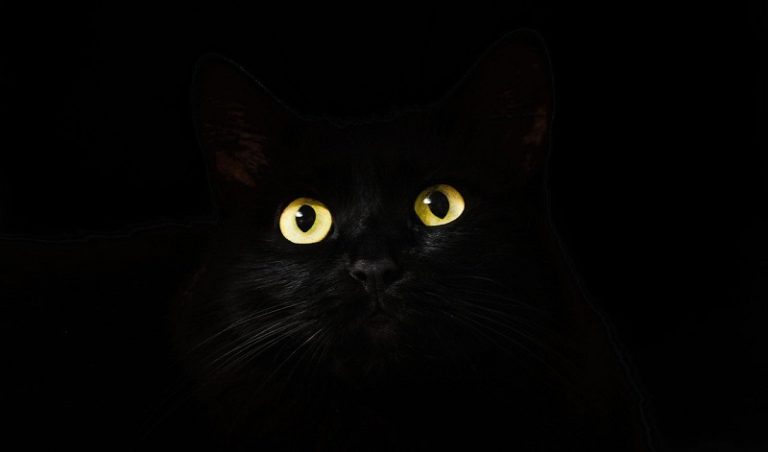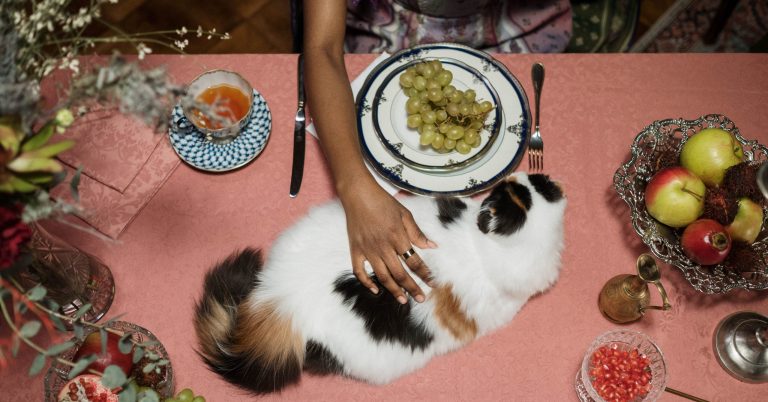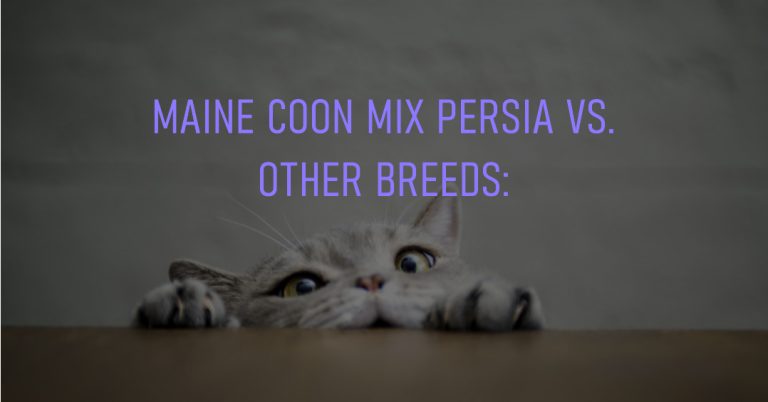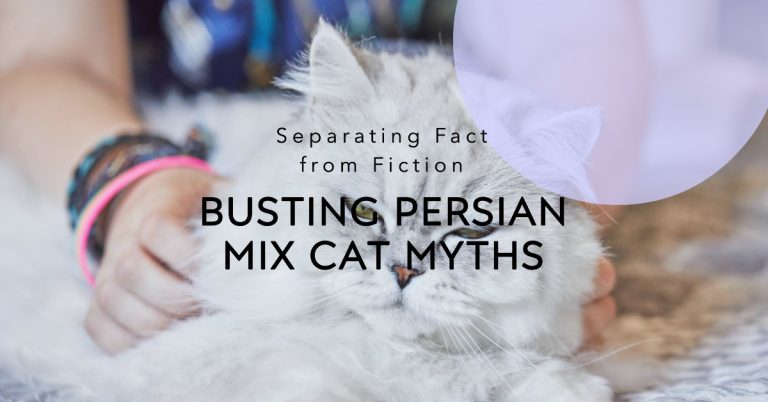Handling Raw Meat for Your Maine Coon: Safety First
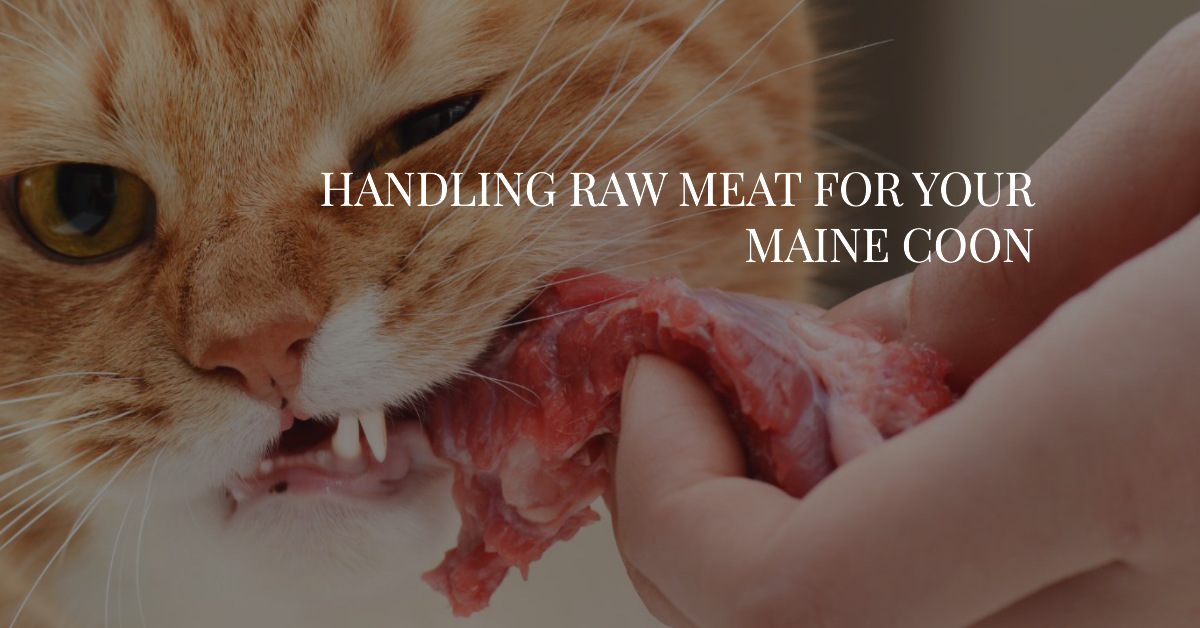
Introduction
When it comes to providing the best nutrition for your Maine Coon, raw meat can be an excellent choice. However, handling raw meat requires knowledge and caution to ensure the safety of both your pet and your household. In this comprehensive guide, we will walk you through the essential steps and precautions for handling raw meat for your Maine Coon, prioritizing safety above all else.
Read the article “The Purr-fect Transition: Shifting Your Maine Coon to Raw Food”
Understanding the Importance of Safe Handling
Before we delve into the specifics, let’s emphasize the critical importance of safe meat handling. Raw meat can harbor harmful bacteria such as Salmonella and E. coli, which pose health risks not only to your Maine Coon but also to you and your family. Following proper safety guidelines is crucial to mitigate these risks.
Preparing Your Workspace
Creating a safe workspace is the first step in handling raw meat for your Maine Coon. Here’s what you need to do:
Clean and Sanitize
- Start by thoroughly cleaning and sanitizing all surfaces and utensils that will come into contact with the meat.
- Use hot, soapy water to clean cutting boards, knives, and countertops.
- Rinse everything well, and then sanitize with a mixture of one tablespoon of bleach per gallon of water.
Hand Hygiene
- Wash your hands with warm, soapy water for at least 20 seconds before and after handling raw meat.
- Use disposable gloves if you prefer an extra layer of protection.
Selecting High-Quality Meat
The meat you choose for your Maine Coon should be of the highest quality. Here’s what to look for:
Freshness
- Ensure the meat is fresh and has not passed its expiration date.
- Opt for cuts that are suitable for your cat’s dietary needs, such as chicken, turkey, or beef.
Sourcing
- Purchase meat from reputable sources to minimize the risk of contamination.
- Consider organic or human-grade meat options for added safety.
Safe Food Preparation
Proper food preparation is essential to prevent contamination and ensure your Maine Coon’s safety.
Separate Cutting Boards
- Use separate cutting boards for raw meat and other ingredients to avoid cross-contamination.
- Color-coded boards can help you easily distinguish between them.
Thorough Cooking
- If you choose to cook the meat, ensure it is fully cooked to kill any potential pathogens.
- Avoid feeding your cat undercooked or raw meat.
Storage and Leftovers
Handling leftovers and storing raw meat safely is crucial:
Refrigeration
- Refrigerate raw meat promptly at temperatures below 40°F (4°C).
- Use airtight containers to prevent leaks and contamination.
Freezing
- If you buy meat in bulk, portion it into meal-sized servings and freeze them.
- Label containers with the date to ensure you use them within a reasonable timeframe.
Frequently Asked Questions
- Is it safe to feed my Maine Coon raw meat? Yes, raw meat can be a part of a Maine Coon’s diet, but proper handling and safety measures are crucial.
- Can I feed my cat raw fish as well? While fish can be a part of their diet, it should not be the primary source of their nutrition due to potential nutrient imbalances and mercury content.
- What should I do if my cat has consumed spoiled raw meat? Consult your veterinarian immediately. Watch for signs of illness, including vomiting, diarrhea, and lethargy.
- Are there any specific meats to avoid feeding my Maine Coon? Avoid feeding your cat pork and processed meats, as they can be challenging to digest.
- Can I prepare homemade cat food with raw meat? It’s possible, but it requires careful planning and consultation with a veterinarian to ensure a balanced diet.
- How often should I include raw meat in my cat’s diet? The frequency of raw meat in your cat’s diet should be discussed with your veterinarian and tailored to your cat’s specific needs.
Conclusion
Handling raw meat for your Maine Coon can be a safe and nutritious choice when done correctly. Prioritizing safety through proper hygiene, meat selection, preparation, and storage is essential. Always consult with your veterinarian to determine the best dietary plan for your beloved feline companion. By following these guidelines, you can ensure a healthy and happy life for your Maine Coon.
